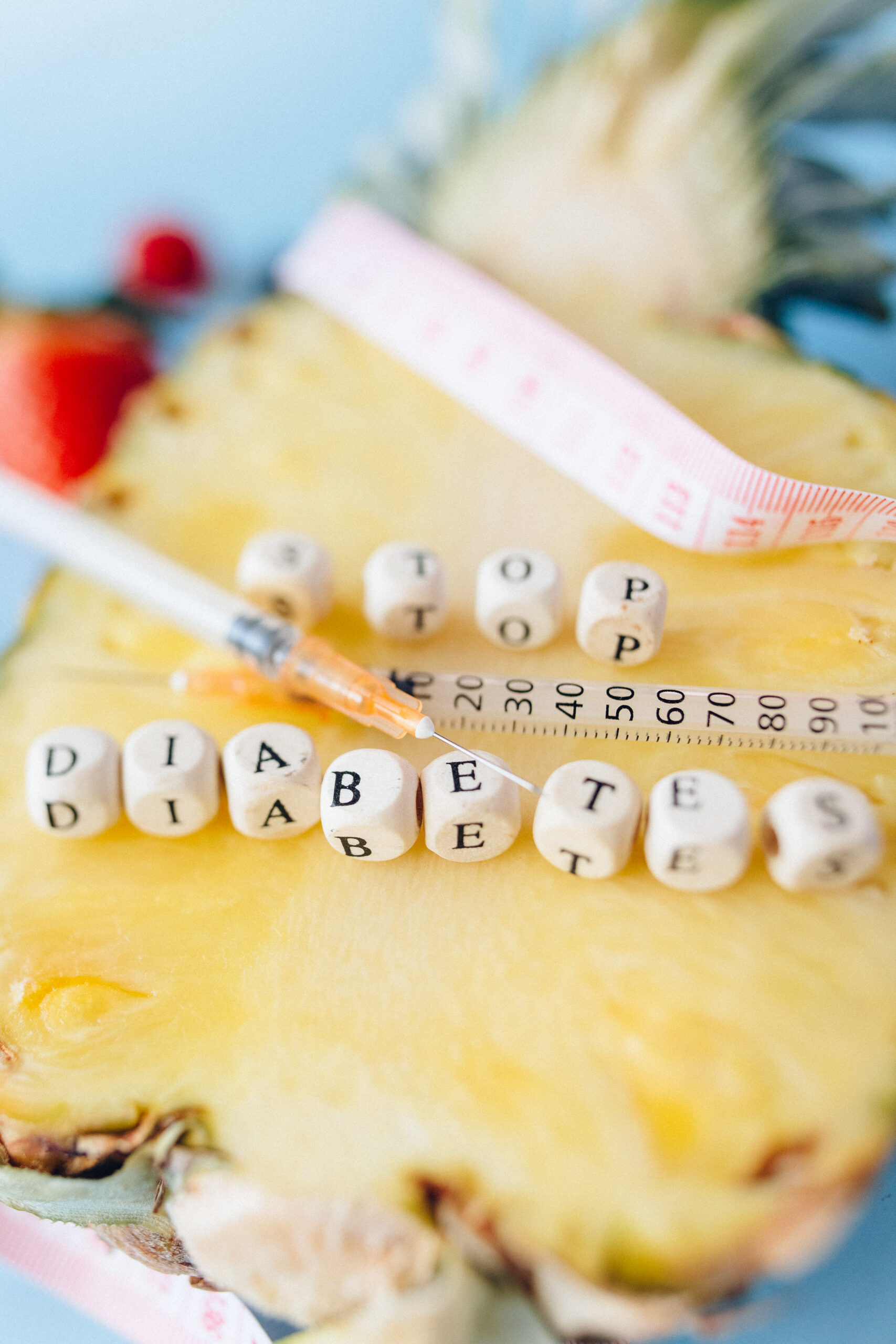What is the role of diet in stroke prevention?
Title: The Power of Good Nutrition: Diet’s Role in Stroke Prevention
Introduction:Maintaining a healthy lifestyle goes hand in hand with preventing various chronic diseases, and stroke is no exception. A stroke occurs when the blood supply to the brain is disrupted, leading to potentially devastating consequences. While there are certain risk factors beyond our control, such as age and family history, adopting a balanced diet can significantly reduce the risk of stroke. In this article, we will explore the key elements of a stroke-prevention diet and how it can help safeguard your health.
1. Emphasize a Plant-Based Diet:One of the most effective ways to reduce the risk of stroke is by adopting a plant-based diet. Fruits, vegetables, whole grains, legumes, and nuts have been shown to provide essential nutrients and antioxidants that promote cardiovascular health. These foods are also rich in dietary fiber, which helps maintain healthy blood pressure levels and reduces the risk of developing cardiovascular diseases.
2. Limit Sodium Intake:High sodium intake can contribute to high blood pressure, a significant risk factor for stroke. To reduce the risk, it is advisable to limit sodium consumption to less than 2,300 milligrams (mg) per day. Be mindful of packaged and processed foods, as they often contain hidden sources of sodium. Reading nutrition labels and opting for fresh, unprocessed foods can help you control your sodium intake effectively.
3. Include Heart-Healthy Fats:Not all fats are created equal. Including heart-healthy fats in your diet, such as those found in avocados, nuts, seeds, and olive oil, can provide numerous benefits for stroke prevention. These healthy fats help lower bad cholesterol levels, reduce inflammation, and improve blood vessel health. However, moderation is key, as even healthy fats are high in calories.
4. Stay Hydrated:Proper hydration is essential for maintaining good overall health, including stroke prevention. Staying hydrated helps maintain healthy blood flow, as dehydration can increase the risk of blood clots. It is important to drink plenty of water throughout the day and limit the consumption of sugary beverages, which can contribute to weight gain and increase the risk of stroke.
5. Limit Alcohol Consumption:Excessive alcohol consumption can raise blood pressure levels and increase the risk of stroke. It is recommended to limit alcohol intake to moderate levels, which means up to one drink per day for women and up to two drinks per day for men. If you choose to consume alcohol, it is crucial to do so in moderation and be mindful of its potential impact on stroke risk.
Conclusion:While we cannot completely eliminate the risk of stroke, adopting a nutrient-rich, balanced diet can significantly reduce the likelihood of experiencing this life-altering event. By focusing on whole, plant-based foods, limiting sodium and alcohol intake, and incorporating heart-healthy fats into our meals, we can support our cardiovascular health and protect ourselves from strokes. Small dietary changes can go a long way in ensuring a healthier future, so let’s make conscious choices and prioritize our well-being today.



